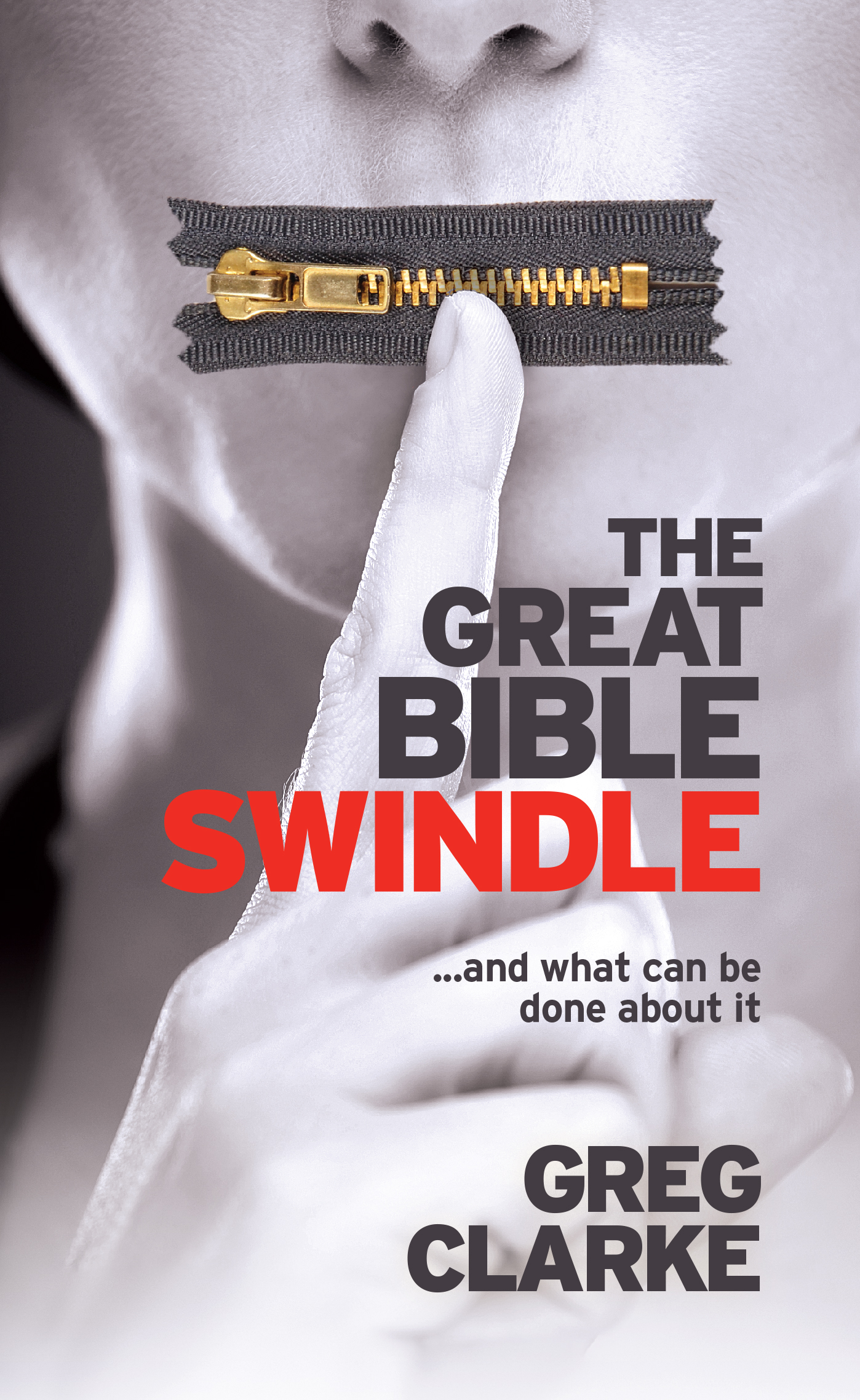 Listen to an interview with Greg Clarke and Centre For Public Christianity’s Simon Smart on the state of the Bible in Australian cultural life. Early in this piece, they go out on the streets to ask some of the questions Greg Clarke claims you have to know to claim a good knowledge of the Bible (listen from 1.08). Listen to the interview here.
Listen to an interview with Greg Clarke and Centre For Public Christianity’s Simon Smart on the state of the Bible in Australian cultural life. Early in this piece, they go out on the streets to ask some of the questions Greg Clarke claims you have to know to claim a good knowledge of the Bible (listen from 1.08). Listen to the interview here.
—————
If you don’t know it, your carol singing at Christmas will be meaningless.
You won’t know why bush fires get described as Armageddon.
Or why Malcolm Gladwell’s latest book is called David and Goliath.
“It” is the Bible. And it’s the most neglected text of our generation, according to Dr Greg Clarke, CEO of Bible Society Australia and author of new book ‘The Great Bible Swindle’.
In his new book, Clarke argues that it’s nothing short of scandalous that children emerge from their schooling with almost no grasp of the central text that has shaped their culture.
The GREAT BIBLE SWINDLE…and what can be done about it is a light-hearted look at a serious topic—the need to know the Bible to be properly educated. In an interview with Centre For Public Christianity’s Simon Smart, Clarke uses literature as an example to show the Bible’s influence through time.
“The writing of literature was often a response to the Bible itself…through the history of literature, the stories of scripture and the theology of scripture—the ideas of the Bible—are the things that inform the writing of literature. And it goes through all sorts of genres.
“Look at detective novels, which are often shaped in the Bible’s way of telling the story of justice and mercy. Or fantasy literature, which is often drawing on the symbolism of the Bible—take for example the very popular writer Garth Nix…his best selling series is called ‘The Keys to the Kingdom’, which is a quote from Jesus, which I think very few of his readers would know.”
“The Bible is seen as the thing we have to grow out of, or the thing that modern people need to leave behind if they’re going to get anywhere. But the point I’m trying to make in this book is that you don’t understand what you’ve got till it’s gone. You can’t assume we’d get the kind of society we enjoy today without the Bible. And when you tease back through the history of how we got our legal system, how our medical system was shaped, our education system…the Bible is woven into that society in a way that built the society we love. We would have a different world if the Bible hadn’t shaped it, and I’m not sure we’d be happy with that world.”
The first half of the book demonstrates the need for biblical literacy, with a fast-paced race down cultural pathways such as TV (notably, The Simpsons), literature both highbrow and popular, pretty much every genre of music, and the language we use in everyday English.
Clarke also notes that the Australian charity sector is by and large based on the Bible’s view of humanity. He explores the often-unacknowledged positive role the Bible has played in Indigenous communities.
The rest of the book is a sweeping and easy-to-read introduction to the enormous library of books that make up the Bible.
Finally, he provides a range of tips for people who want to read the Bible but were too afraid to get started, or were put off by the cigarette paper and black leather covers.
To find out more about ‘The Great Bible Swindle’, or to purchase a copy, click here.
Email This Story
Why not send this to a friend?



